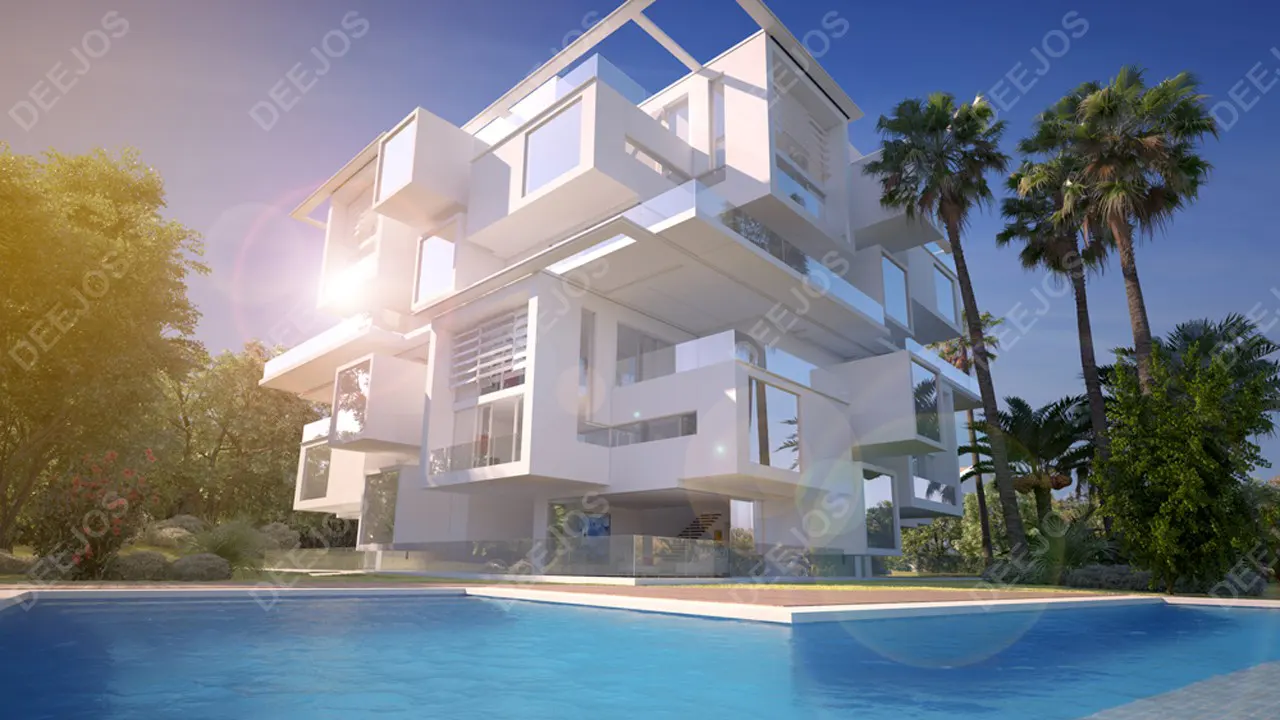Construction Rate in Bangalore: 2025 Trends & Cost Insights
Construction Rate in Bangalore: 2025 Trends & Cost Insights
Blog Article
Bangalore’s construction landscape in 2025 mirrors the city’s rapid urbanization, technological progress, and a growing demand for sustainable living. Whether you're planning to build a dream home or invest in a commercial space, understanding the cost dynamics and trends of construction in Bangalore is essential. The average construction cost in the city currently ranges from ₹1,650 to ₹3,000 per square foot. This wide spectrum is influenced by several variables, including location, design complexity, type of materials used, labor availability, and compliance with local regulatory requirements.

Key Influencers on Construction Costs
1. Material Prices
One of the most significant factors affecting construction rates is the cost of materials. In 2025, the prices of cement, steel, bricks, and other foundational elements have seen periodic fluctuations, driven by both domestic and global economic conditions. An increase in steel prices, for example, can directly raise the structural cost of the building. Additionally, the choice of finish materials—such as tiles, fittings, paints, and wood—adds another layer of variation. Builders opting for imported or premium finishes may find themselves on the higher end of the cost spectrum.
2. Labor Charges
Labor plays a crucial role in the construction timeline and budget. Bangalore has faced intermittent shortages of skilled laborers, including masons, carpenters, and electricians. These shortages can lead to increased wages, thus raising the total labor cost component. The demand for specialized labor in newer construction styles, such as those incorporating smart technologies or complex designs, also contributes to cost elevation.
3. Regulatory Approvals and Compliance
Navigating the regulatory environment is another key determinant of construction cost. Builders and homeowners are required to obtain various clearances, including plan sanctions, environmental approvals, and occupancy certificates. Delays in acquiring these permits can stall projects, adding to holding and overhead costs. In certain zones of Bangalore, high-rise constructions also attract premium charges and more stringent compliance checks, which can affect overall budgeting.
Emerging Trends in Bangalore’s Construction Sector
1. Sustainable Building Practices
Sustainability is no longer a niche preference—it’s becoming mainstream. Builders and developers are increasingly incorporating eco-friendly methods and materials in their construction practices. These include solar panels, rainwater harvesting systems, low-VOC paints, and recycled materials. While initial costs for sustainable construction might be marginally higher, the long-term benefits, such as energy efficiency, reduced utility bills, and lower maintenance costs, offer considerable savings.
2. Smart Homes and Technological Integration
The demand for smart homes is rising across Bangalore. Homebuyers are now expecting features like automated lighting, smart security systems, climate control, and energy monitoring as part of the standard offering. Although incorporating these features can increase the initial construction cost, they significantly enhance the value, safety, and functionality of a property. Developers are aligning with this trend to stay competitive in the market.
Conclusion
Bangalore’s construction market in 2025 presents both challenges and opportunities. With rising costs and evolving buyer expectations, making informed choices in materials, technologies, and compliance is essential for a successful construction project. Whether you're a builder, investor, or individual homeowner, staying updated on cost influencers and embracing innovative trends will help you navigate the landscape efficiently.
FAQs
What is the average construction cost per sq. ft. in Bangalore?
In 2025, the average construction cost in Bangalore ranges between ₹1,650 and ₹3,000 per square foot. The final cost depends on various factors such as the location of the plot, architectural design, choice of materials, and the type of structure—residential, commercial, or mixed-use.
How do material choices affect construction costs?
The selection of materials greatly influences construction budgets. Premium or imported materials typically increase upfront expenses but offer advantages in durability, maintenance, and visual appeal. On the other hand, using budget-friendly materials can keep costs in check but may compromise on longevity or aesthetics.
Are there cost benefits to sustainable construction?
Yes, sustainable construction offers long-term cost benefits. Features like better insulation, solar energy, and water conservation systems reduce monthly utility bills. Additionally, many green-certified buildings enjoy incentives and tax rebates, further enhancing their value proposition.
How do regulatory approvals impact budgets?
Securing timely approvals is critical to controlling costs. Delays in obtaining clearances can extend project timelines and increase holding costs, including land loans, contractor charges, and inflation in material prices.
Can technology integration increase construction costs?
While smart home features and automation can increase upfront expenses, they often provide significant benefits in terms of convenience, energy efficiency, and resale value. Homeowners increasingly see these additions as necessary rather than optional. Report this page